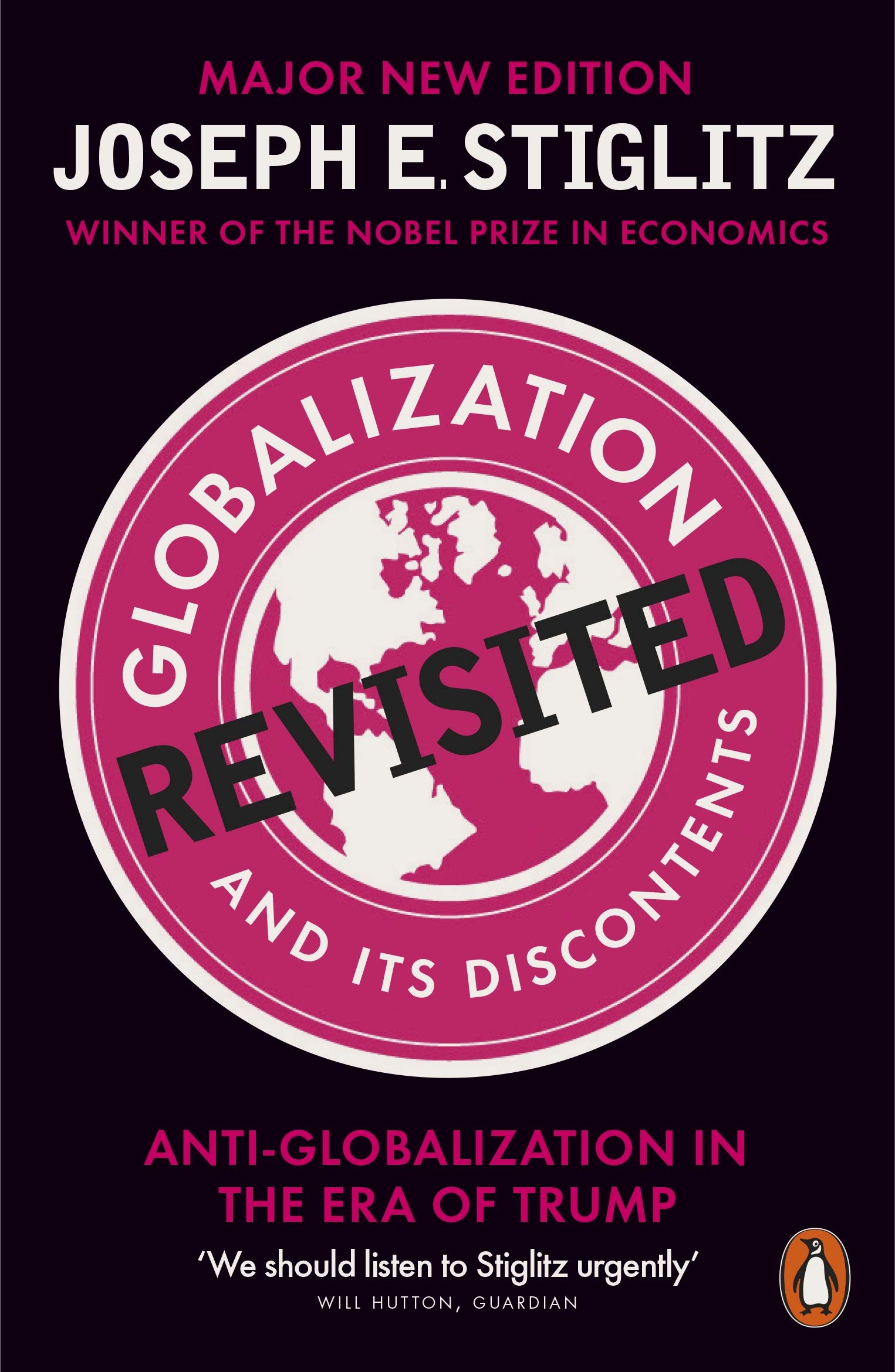Globalization and its Discontents

Joseph Stiglitz went from academia on to some of the most powerful positions in the world possible for an economist, from advisor to the Clinton government to chief economist at the World Bank, he also picked up the 2001 Nobel Prize for Economics along the way.
Stellar credentials indeed, yet I have heard reports that at meetings of the major world economic institutions, he is forced to stand behind the barriers along with the protestors, barriers which make sure the economic tyranny is not threatened by an outbreak of social democracy.
His crime is to look at economics from a viewpoint of helping poor countries and people, and of not conforming to the unchecked free-market ideology that has become an article of religious faith in economic schools around the world. To them there is only one solution to every country in the world's ills, remove tariffs, cut social spending, disempower unions and create a wealthy controlling class.
There are of course minor problems with their placebo for all economic ills, it doesn't work and it is socially devastating. It doesn't achieve their stated aims but this is only a problem of propaganda, as very few people actually believe their stated aims are what they are really interested in. Stiglitz is painstaking in his dissection of the simplistic free-market economic models so favoured in today's neo-liberal climate. He shows why they have failed Africa, Russia, South America and other nations, and why other nations have succeeded in doing the exact opposite of what western economists were recommending to them.
If anything Stiglitz is a little too painstaking for a non-economist like myself, too cautious, but I guess he has to make his case and the only way to do that is by showing the repetition of evidence. There are also a few occasions where he holds back from telling it like it is, the prime one being where he says that if you look at the economist's actions and pretend they are only acting in the interests of the investor community and don't care about the poor, their actions start to make sense, but he is very careful to state that this is not necessarily what is happening.
This is not a book I would recommend to anyone who wants an enjoyable read, but if you seek to understand economics on a larger scale and to gain an insight into the mindset of the World Bank and the International Monetary Fund written about by an insider of the highest calibre, then I think it is a book you have to grit your teeth and read.
Find this book
Search for a second hand copy of Globalization and its Discontents on World of Books